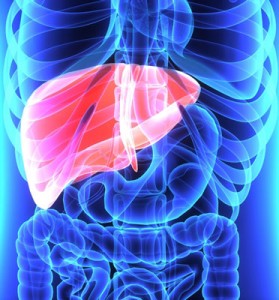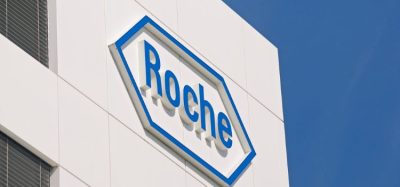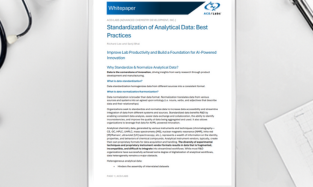Conatus announces successful top-line results from NAFLD/NASH clinical trial of Emricasan
Posted: 2 April 2015 |
Conatus has announced top-line results from the Phase 2 clinical trial of emricasan, a first-in-class, orally active pan-caspase protease inhibitor…


Conatus Pharmaceuticals has announced top-line results from the Phase 2 double-blind, placebo-controlled clinical trial of emricasan, a first-in-class, orally active pan-caspase protease inhibitor, in 38 patients with nonalcoholic fatty liver disease (NAFLD), including the subset of NAFLD patients with nonalcoholic steatohepatitis (NASH).


The trial met its primary endpoint, showing a statistically significant (p < 0.05) reduction in alanine amino transferase (ALT) in patients treated for 28 days with emricasan at 25 mg twice per day dosing compared to patients in the placebo control group. Reductions from baseline in ALT at Day 28 of approximately 39% in the emricasan treatment arm and approximately 14% in the placebo arm were similar to results observed in previous trials. Elevated baseline levels of three key serum biomarkers – caspase-cleaved cytokeratin 18 (cCK18), full length cytokeratin 18, and caspase 3/7 – also showed statistically significant reductions from baseline in emricasan-treated patients at Day 28. The baseline elevation in cCK18 confirmed that the underlying targets of emricasan’s mechanism, apoptosis and inflammation, which are believed to drive liver disease progression, were engaged in the NAFLD/NASH patients in this trial. A reduction from baseline in cCK18 at Day 28 of approximately 30% in the emricasan treatment arm and an increase from baseline of approximately 4% in the placebo arm were similar to results observed in previous trials. The reduction in serum cCK18 levels demonstrated that emricasan can effectively reduce inflammation and elevated levels of apoptosis in NAFLD/NASH patients. These results were consistent with data obtained from the company’s previous clinical trials in other liver disease patient populations.
Emricasan was well tolerated in the trial, with no drug-related serious adverse events
Emricasan was safe and well tolerated in the NAFLD/NASH trial, with no dose-limiting toxicities and no drug-related serious adverse events. Treatment with emricasan also had no adverse effects on lipid levels or insulin sensitivity, important safety assessments in NAFLD/NASH patients who are at risk for cardiovascular disease.
“With these results from the NAFLD/NASH trial, we have confirmed that the optimal dose of emricasan is consistent across different etiologies,” said Conatus co-founder, President and Chief Executive Officer, Steven J. Mento, Ph.D., “and strengthened our belief that inhibiting excessive apoptosis and inflammation will be therapeutic in patients whose liver damage is associated with NASH.”
“Our focus is on developing emricasan initially as a treatment in patients with liver cirrhosis,” said David T. Hagerty, M.D., Executive Vice President of Clinical Development at Conatus. “The data from the NAFLD/NASH trial, along with the data from our three organ impairment dosing trials, support the conduct of efficacy trials in patients with liver cirrhosis due to NASH. In addition, the recently published proceedings of a 2013 NASH endpoints workshop sponsored by the American Association for the Study of Liver Diseases (AASLD) and U.S. Food and Drug Administration (FDA) provided important insights regarding validated surrogate clinical endpoints that could be useful for accelerated approval pathways in patients with NASH-driven liver cirrhosis. With this comprehensive information package, we are prepared for planned discussions with regulatory authorities to seek guidance on the appropriate use and analysis of these endpoints in registrational trials including patients with NASH cirrhosis.”
For more information about Conatus Pharmaceuticals, please visit www.conatuspharma.com.









